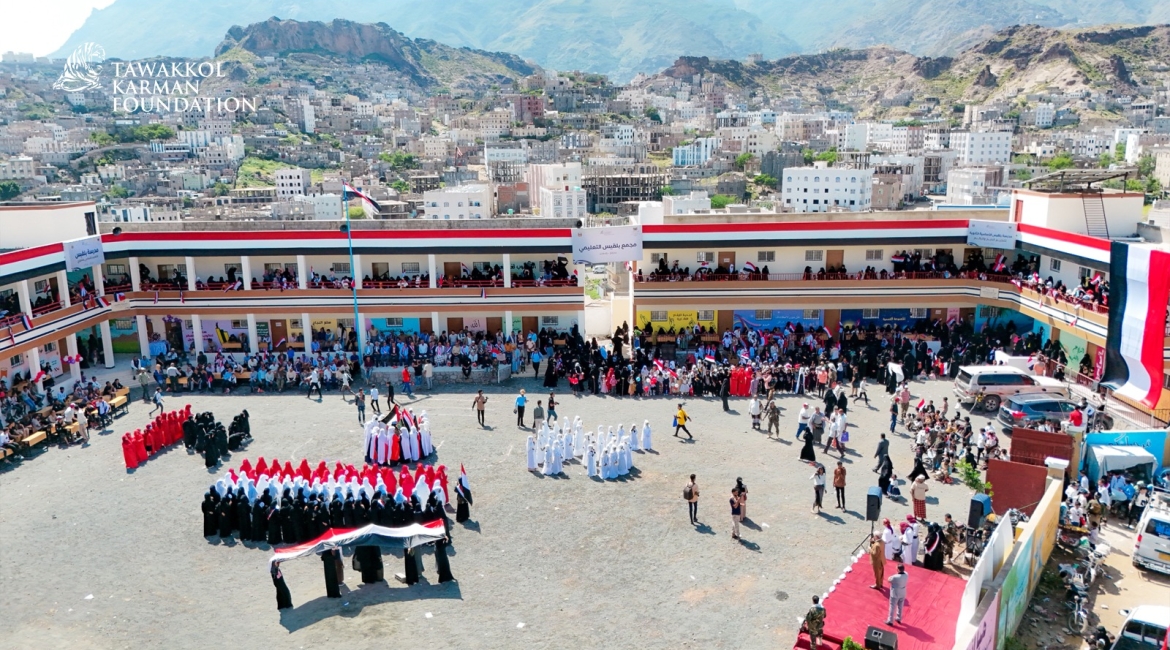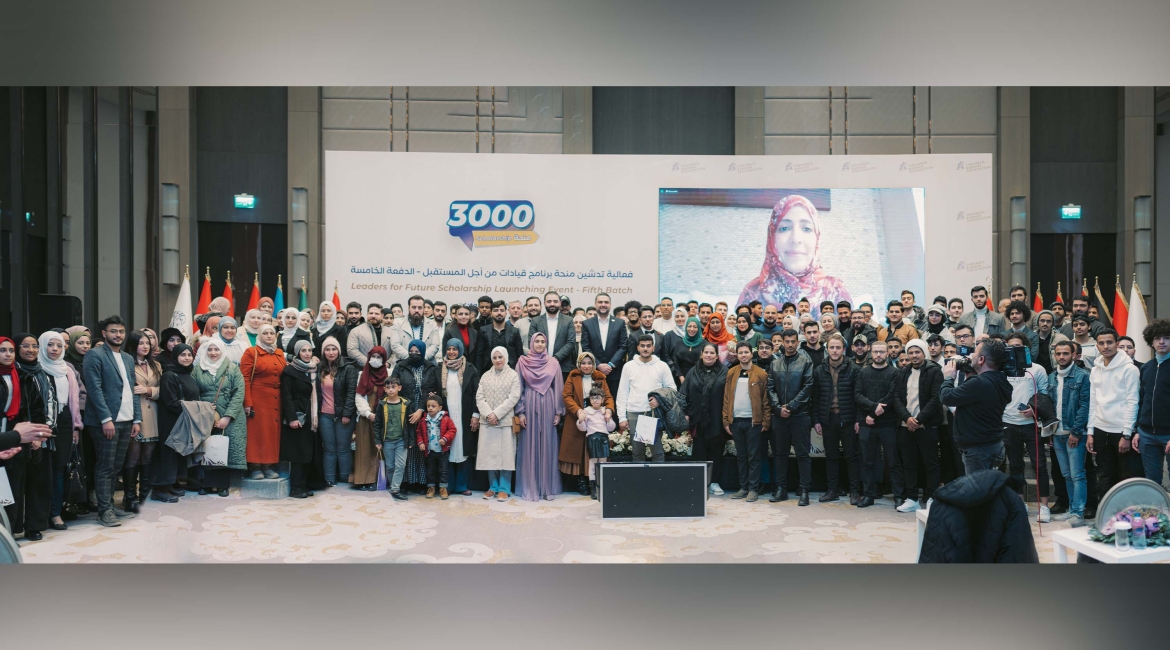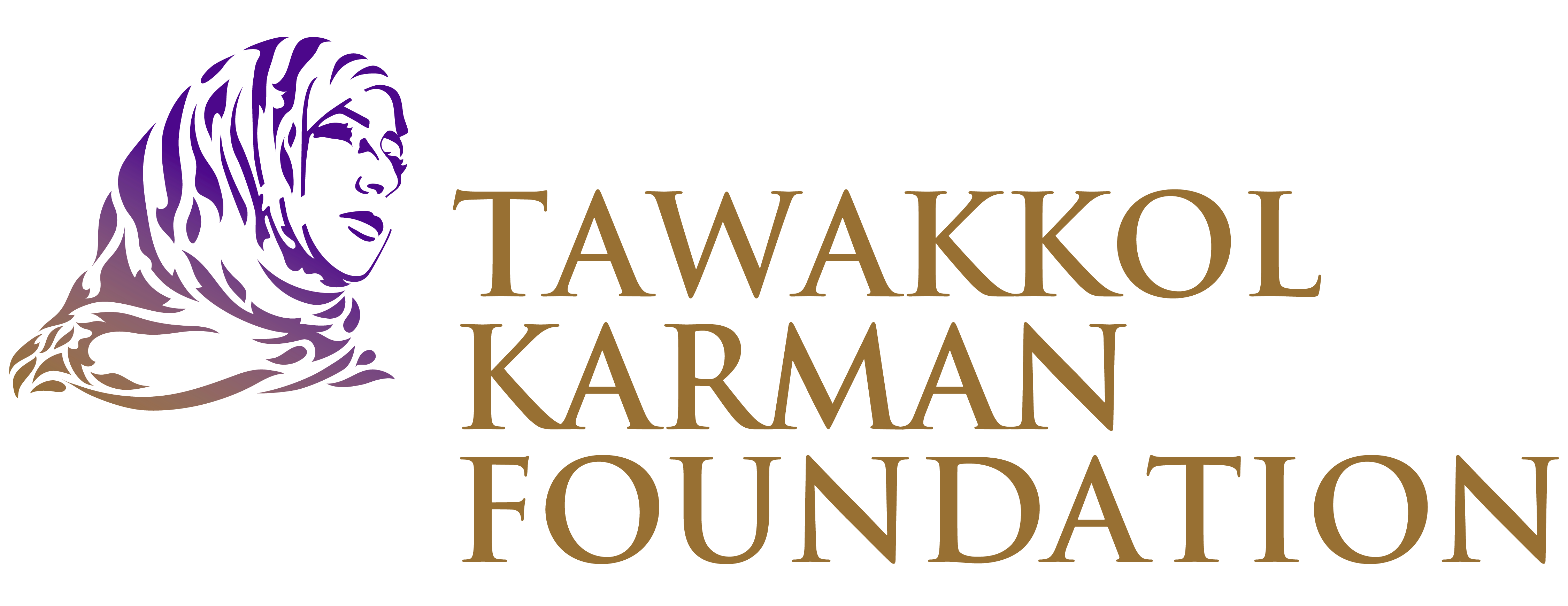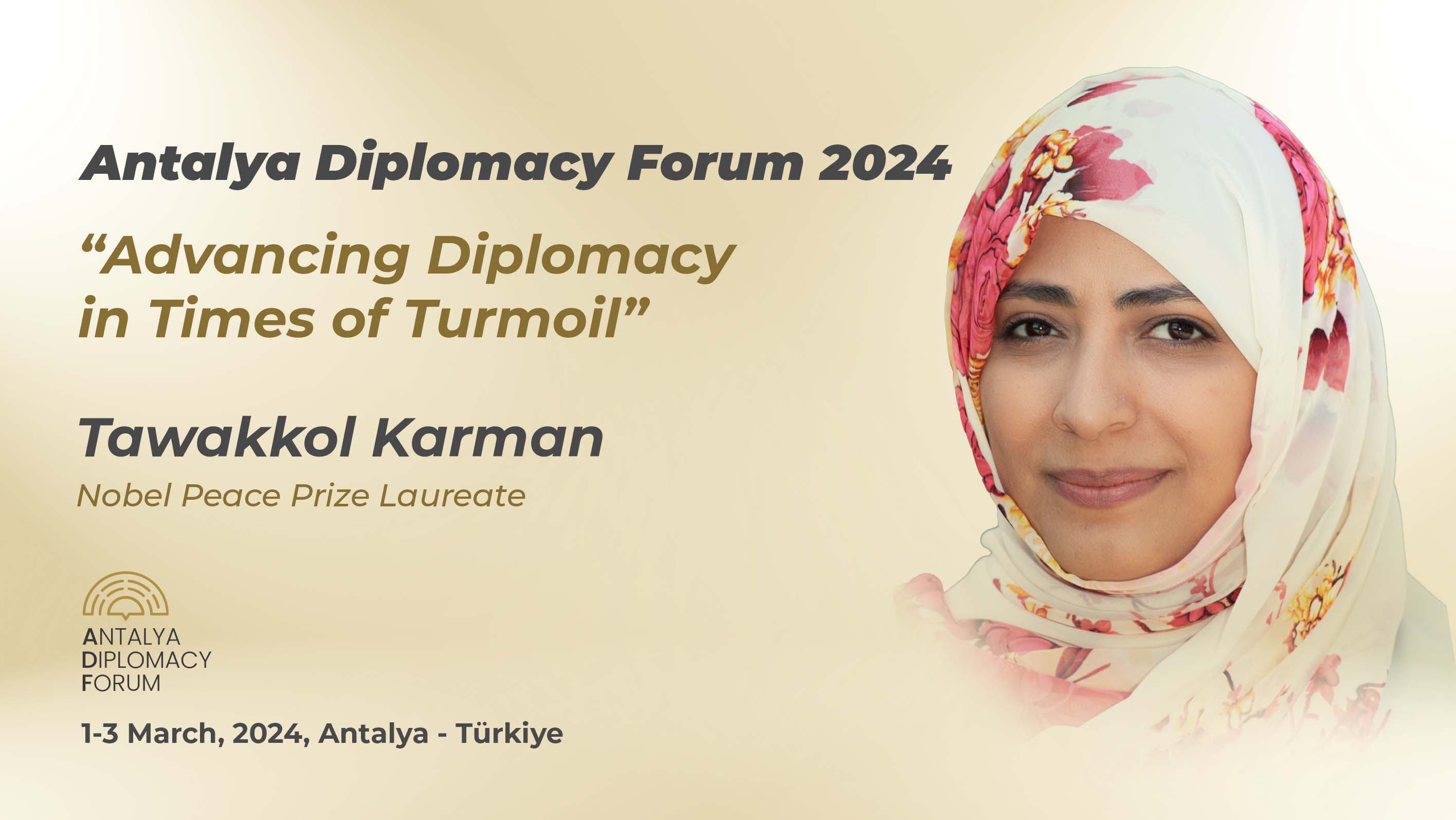Nobel laureate and human rights advocate, Tawakkol Karman, delivered a powerful speech on women, peace, and security at the Antalya Diplomacy Forum.
The three-day event, organized by the Turkish Ministry of Foreign Affairs under the auspices of President Recep Tayyip Erdogan, brought together diplomats, policymakers, and experts from around the world to discuss pressing global issues.
In her address, Karman emphasized the enduring struggles faced by women in conflict-ridden regions, where they often bear the heaviest burdens and suffer from the devastating consequences of war. She highlighted their resilience, courage, and leadership in the face of adversity, underscoring the indispensable role of women as agents of change and peacebuilders.
The human rights defender stressed the urgent need for women's inclusion and representation in decision-making processes at all levels, emphasizing that their unique perspectives and experiences are crucial for preventing conflicts and building sustainable peace. Karman condemned the exclusion and derogation of women's rights, asserting that a functional society can only be achieved by recognizing women's equality and eradicating discrimination.
Karman further emphasized that peace must not only entail the absence of war but also the absence of oppression and injustice. She highlighted the rise of fascism, wars, hatred, racism, and destructive conflicts globally, citing the ongoing genocidal war in Gaza as a distressing example. The activist called for immediate collective action to halt the massacre and protect the two million Palestinians subjected to death, siege, starvation, and displacement.
Expressing her deep concern for the humanitarian crisis in Gaza, Karman criticized the failure of the international community to activate its mechanisms to address the ongoing atrocities. She called upon powerful nations, including the United States and Britain, to cease shielding and supporting the genocidal agenda, urging the United Nations to take decisive action.
Karman advocated for the reform of the United Nations Security Council, including the removal of the veto power held by the five permanent members. She argued that this change is necessary to ensure global peace and security, as the current system creates an imbalance of power and hinders collective decision-making. Removing the veto power would foster equity, fairness, and a stronger role for the United Nations in promoting peace worldwide.
The activist concluded her speech by vehemently condemning the ongoing massacres in Gaza and urging the international community to hold Israel accountable for its genocidal acts. She called for justice and highlighted the importance of fair trials for war criminals, emphasizing that accountability is essential for lasting peace and security in conflict-affected regions.
Herein follows the speech transcript:
Ladies and gentlemen, First, I am honored to be here at the Antalya Diplomacy Forum, and to discuss with you an important topic of women, peace, and security.
As we all know, women, throughout history, have borne the brunt of the devastating effects of war and conflict. They are among the most affected and vulnerable groups in regions experiencing wars and armed conflicts. Yet, they have also shown unparalleled resilience, courage, and leadership in the face of adversity.
When conflict erupts, it is often women who suffer the most. They endure unimaginable hardships – displacement, loss of loved ones, sexual violence, and the collapse of essential services. Women become the primary caregivers, struggling to protect their families amidst the chaos of war. They are also disproportionately affected by poverty, lack of access to healthcare, and education.
But let us not forget, amidst this hardship, the remarkable strength of women. Despite being labeled as victims, they are also the unsung heroes of peace. Women, in communities around the world, have emerged as powerful agents of change, peacebuilders. Their voices, experiences, and perspectives are indispensable in crafting sustainable solutions to conflicts. Crucially, women must be represented in decision-making processes at all levels. Their participation is not just a matter of equality; it is a matter of necessity. Women bring unique insights and priorities that are essential for preventing conflicts before they erupt and for building inclusive and sustainable peace.
The exclusion of women, or the derogation of their rights, is a derogation to the society at large. A dysfunctional society is based on superiority over women, and place them as inferior to men.
As we strive for peace, we must unequivocally support women in their struggle for freedom and justice. For peace is not merely the absence of war; it is the absence of oppression and injustice. It is about creating a world where every individual, regardless of gender, race, or creed, can live with dignity and security.
The truth is, when despotism poses the greatest threat to peace and security, women become its first victims. Therefore, we must recognize that education, economic empowerment, and the fight against poverty are not only moral imperatives but also strategic priorities for achieving peace and security. Empowering women economically and socially is key to unlocking the full potential of communities and fostering resilience against conflict.
Dear brothers and sisters,
Currently, the world is facing a concerning rise in fascism, wars, hatred, racism and destructive conflicts. A distressing example of this can be seen in the ongoing genocidal war by the Israeli occupation against Palestinians in Gaza.
The machinery of killing and extermination persists, claiming the lives of civilians in Gaza, demolishing homes, attacking hospitals and ambulances, and displacing residents. This genocide, broadcast for the world to see, demands our collective action. We must all confront it and take every possible measure to halt the massacre and protect the two million individuals subjected to death, siege, starvation, and displacement by the Israeli occupation and its supporters in the US administration and other Western allies.
It's an all-encompassing genocide, aiming to eradicate the Palestinian people from their land through bombing, siege, and depriving them of basic necessities like food, medicine, and fuel. The resulting tragedies are indescribable, and what you hear and see is just a fraction of the reality.
The horrors faced by Palestinians in Gaza and the West Bank are unimaginable, with people enduring murder, invasions, arrests, and attacks by settlers armed by the occupation authorities, instigated to target Palestinians in neighboring villages.
The failure and inability of the international community to activate its collective mechanisms to halt the extermination war in Gaza has contributed to the ongoing humanitarian crisis, with women experiencing the most severe consequences across all facets of their lives.
Powerful countries, like the United States and Britain, shield and support the genocidal agenda, preventing the United Nations from taking action to stop the daily killings, siege, starvation, and displacement inflicted upon the people of Gaza, resulting in the United Nations Security Council being paralyzed for over four months.
The United Nations has been unable to carry out its tasks in caring for and protecting international peace and security. It is imperative to strengthen the role of the United Nations in promoting global peace and security.
Reforming the Security Council, including removing the veto power, is essential to ensure global peace and security. While we call for equality between women and men, we also call for equality and fairness between nations because the veto power of the five permanent members gives them significant influence over decision-making and creates an imbalance of power and undermines the principles of equality among nations. Unfortunately, the permanent members use the veto power to protect their own interests or those of their allies, rather than serving the broader goal of maintaining international peace and security.
Removing the veto could help prevent such abuses of power and promote collective decision-making based on the main goal of the Security Council, which is preserving global peace and security. Removing the veto power would also make the UNSC more equitable and fairer.
Today, on behalf of all of us, I vehemently condemn the ongoing massacres and the unjust war of extermination inflicted upon the people of Gaza by the Israeli occupation. This brutality is just one facet of the long-standing campaign of ethnic cleansing that Palestinians have endured for seventy years. It is utterly shameful, deeply distressing, and profoundly painful that the international community remains largely silent and complicit in these atrocities.
We stand in solidarity with the voices of freedom-loving individuals worldwide, demanding accountability for Israel's genocidal acts. We commend the nation of South Africa for its tireless efforts in this regard, and we express our utmost respect and gratitude for their unwavering commitment to justice.
Together, let us raise our voices against injustice and advocate for the prosecution of Israel for these crimes of genocide. Let us work tirelessly until justice prevails and the rights of all people, including the Palestinians, are fully recognized and respected.
The accountability and fair trial of war criminals are indispensable pillars for fostering lasting peace and security in conflict-affected regions. The pursuit of justice not only addresses past grievances but also lays the groundwork for a more stable and equitable future, where all members of society can live free from fear and oppression.




